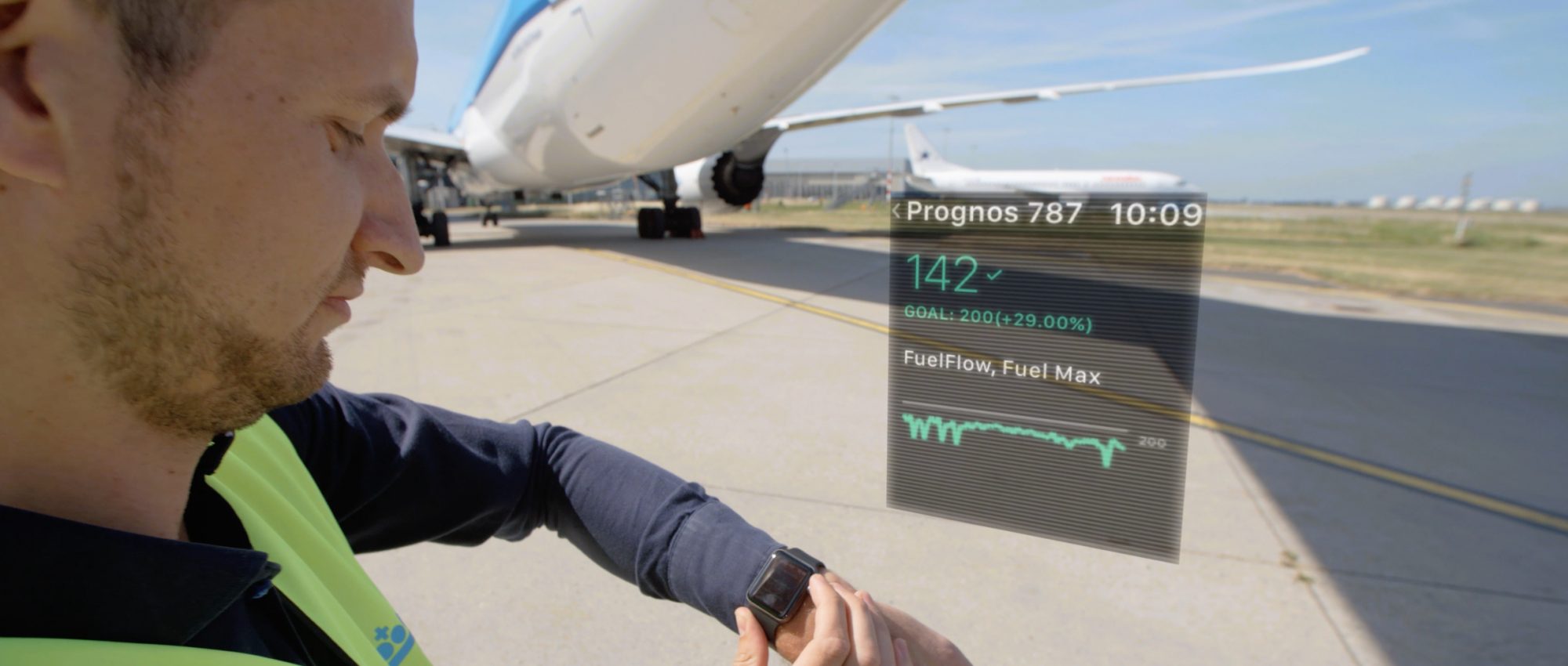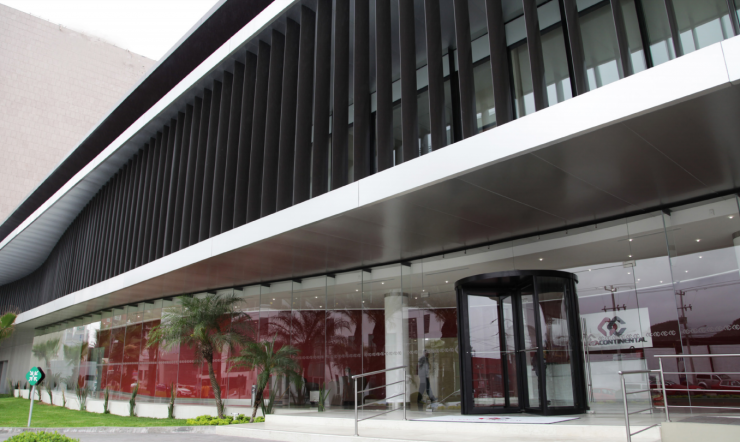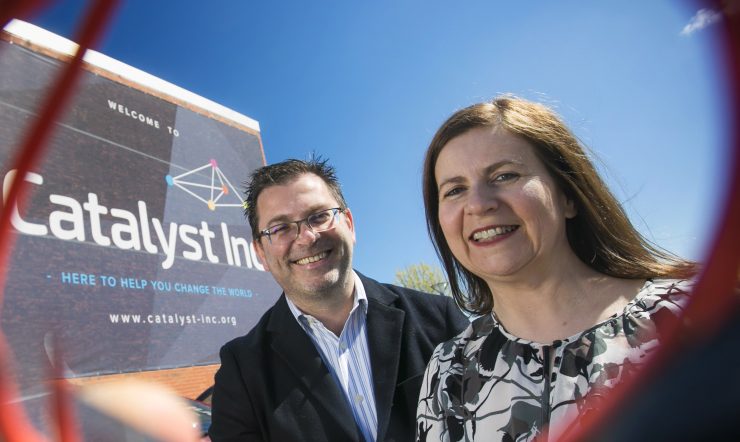EPCOR provides maintenance, repair and overhaul services, including state-of-the-art test facilities for aircraft pneumatic components and Auxiliary Power Units (APU). The APU is responsible for starting the main engines and provide power to essential aircraft functions. By harnessing cloud-based APU data using innovative analysis and machine learning, EPCOR is helping airlines meet their cost, safety and reliability goals; and we, as travellers, avoid the dreaded “delayed” signs at the airport.
Part of the Air France Industries KLM Engineering & Maintenance Group, EPCOR introduced APU repair to its pneumatic components repertoire in 2006, harnessing its airline knowledge to provide maintenance and availability solutions based on a spirit of continuous improvement. It was in this evolutionary vein that, a year and a half ago, the decision was made to modernise its IT estate, which was beginning to show its age as the business grew from around 30 staff 10 years ago to the almost 200 of today. Using a legacy ERP solution specifically tailored for the MRO market, EPCOR found its usage of the ERP solution and therefore data was inconsistent, forcing the company to rely on time-consuming processes involving Excel spreadsheets and various forms of tooling to extract data of the requisite quality. “The challenge was to put in a modern and secure IT environment, with an application layer on top of it, that was not only suitable to support and digitise our business processes, but also to future-proof and enable innovation,” says EPCOR’s IT Manager, Jan-Willem Bult.
Plotting a course
With a focus on efficiency, improving its service and differentiating EPCOR from its competitors in the MRO (Maintenance Repair Overhaul) market, a roadmap was defined.
EPCOR initially improved the basic IT Infrastructure before data became the primary concern, with Dynamics 365 Finance & Operations deployed, along with a data warehouse and Microsoft Power BI as a replacement for SAP Business Objects. Finally, having developed its proprietary tool for collecting and monitoring data from aircraft APUs into a more modern tool, called Prognos for APU, EPCOR transitioned its data and workflows to Microsoft Azure. This enabled the business to achieve better visualisation and management, extracting value from previously dormant information and creating the basis for more advanced data science and analytics.
Focusing on the future
EPCOR is now able to take a more proactive approach to maintenance, whether it’s tracking traditional engine wear and tear, or highlighting less obvious faults such as Foreign Obstacle Damage (FOD), where birds and other objects enter and degrade an APU over time. “The aircraft might not show anything is wrong with the engine,” says Niels van Hofwegen, EPCOR’s Program Manager for Prognos for APU. “The engine can still be running, but we can see that it is having trouble achieving the performance it should. This means that wear and tear is increasing, which leads to greater repair costs if you don’t act quickly.” To combat these challenges, Niels worked with data scientists on projects to develop new algorithms with predictive features using EPCOR’s cloud-based data, and is already seeing its value. “Looking forward, with the knowledge we have right now, we will be able to prevent significant damage to APUs as well as the costs involved,” he says.
Customer-centric service
Working in collaboration with airlines in order to receive feedback and input on its new operating model, EPCOR is targeting an industry-leading role when it comes to innovation. “We have APU engineers and all the technical knowledge about the engines. The one thing we didn’t have was the IT technology.” says Niels. “That’s why we hired experts, and now it’s all coming together.”
By understanding the kind of damage an APU has or where it has flown, and combining that information with historical data or data from other airlines using similar APUs, EPCOR can access, analyse and secure a wealth of information from different sources with Azure, Dynamics 365, Microsoft 365 and Power BI. As EPCOR performs more maintenance, so its data set grows exponentially both in size and value. Predictability from its new cloud-based system provides an added value to EPCOR, allowing the business to better predict and anticipate the number of shop visits it will have, and forecast profitability based on analysing predictive patterns. Jan-Willem sees Microsoft technology not only delivering opportunities for innovation and, as a result, differentiation, but also the ability to provide new assurances to customers and performance of an APU.
We can predict the performance of an APU. We can therefore optimise stock and turnaround time.
Key requirements
- Infrastructure to move away from on-premise while providing a strong foundation for the future.
- A modern hardware environment to standardise the workplace, boosting productivity and flexibility.
- A predictive approach to harnessing data through AI and machine learning.
Onwards and upwards
As a modern, forward-thinking, cloud-based innovator, EPCOR has come a long way from the spreadsheets and manual processes of its past. Its technology investment has already brought about additional benefits and opportunities across the business, with its approach to —for example—machine learning and AI set to unlock further success. EPCOR’s achievements to date have also driven remarkable growth which, as a result, will see the company moving to a larger location in the coming years, to cater for the increasing number of APUs it handles. With a goal to increase its workload during this time without significantly increasing headcount, improving efficiency and productivity will be crucial—not least when it comes to the move itself. Fortunately, EPCOR’s modernised estate makes improving efficiency and transferring its systems a far simpler task. “Traditionally, it’s an enormous project to move and transfer all the IT infrastructure.” Says Jan-Willem. “We are very happy that now we are in the cloud and can simply plug and play using Wi-Fi.”
With more EPCOR-enabled aircraft in the air, over 100 airlines and their passengers worldwide will surely be kept happy, too.

























